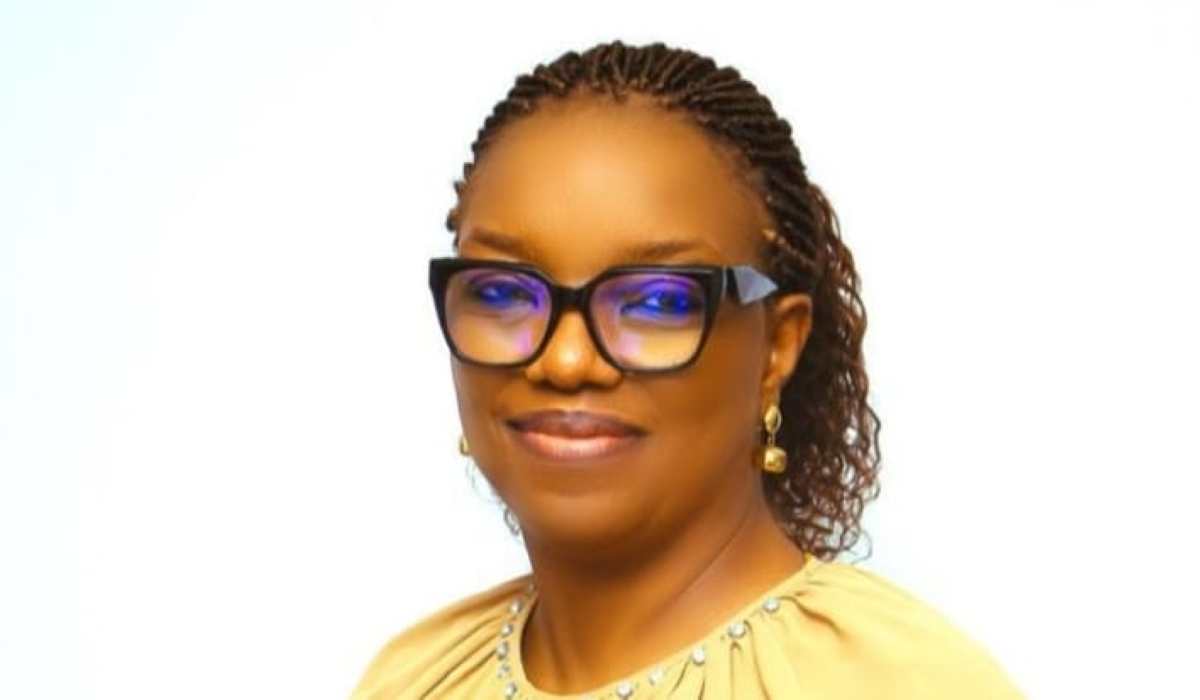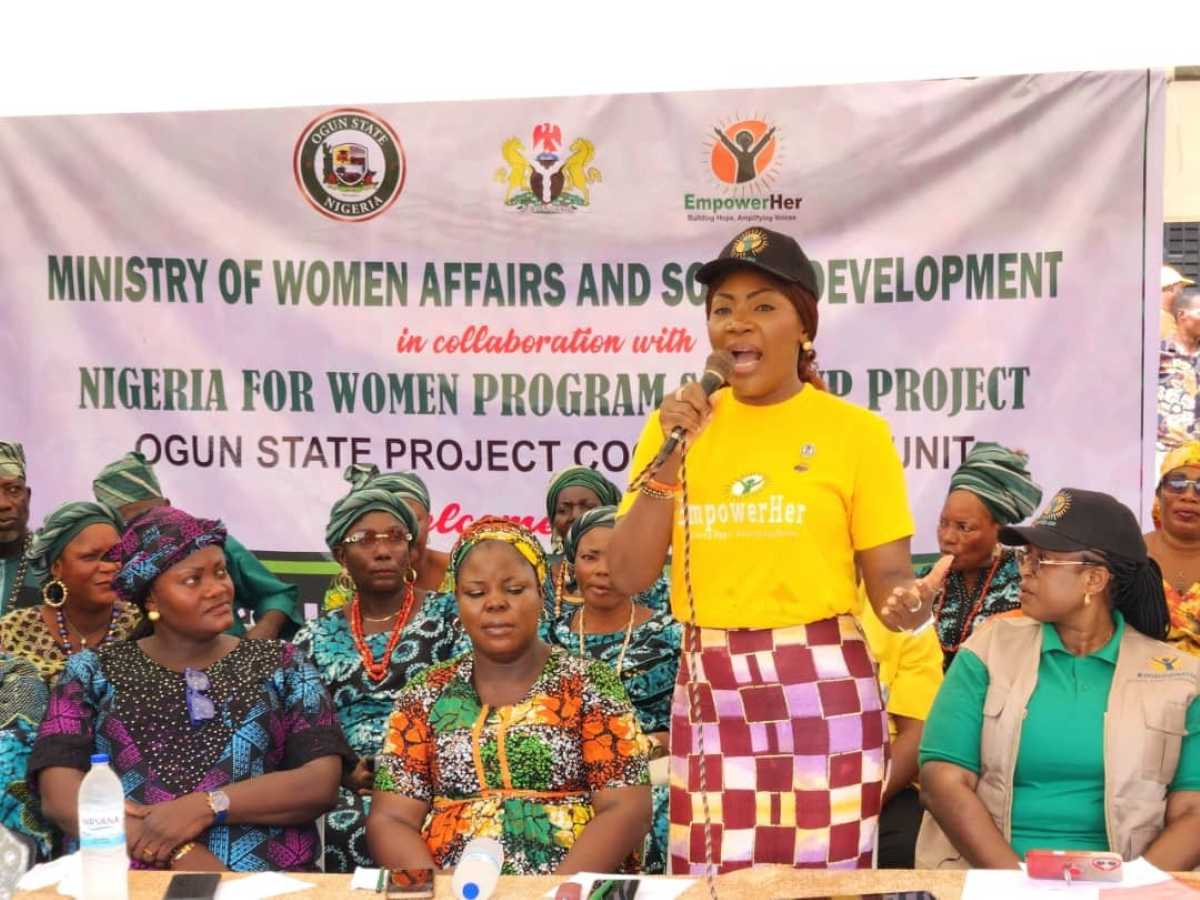In a landmark effort to combat the rising tide of technology-facilitated gender-based violence (TFGBV), the Brain Builders Youth Development Initiative (BBYDI) has launched “Kemi” — an AI-powered WhatsApp chatbot designed to provide confidential support and guidance to survivors across West and Central Africa.
The chatbot, named Kemi and co-created with survivors, was unveiled on Wednesday at the Transcorp Hilton, Abuja. It marks the region’s first artificial intelligence-based digital support tool tailored specifically for TFGBV cases. The launch, backed by the French Ministry for Europe and Foreign Affairs, drew participants from across the continent, including civil society groups, development partners, and policymakers.
Addressing the gathering, BBYDI Executive Director, Nurah Jimoh-Sanni, said the initiative aimed to restore dignity and ensure access to safe, judgment-free spaces for survivors of online abuse.
“Too many survivors suffer in silence not because they want to, but because the systems meant to protect them are often inaccessible or untrustworthy,” she said. “Kemi is different. It listens without judgment, supports without delay, and was co-created by survivors themselves. It reflects our belief that safety online is not a luxury — it is a right.”
The chatbot’s development was informed by BBYDI’s 2025 survey of six countries — Nigeria, Ghana, Cameroon, Benin, Togo, and Senegal — which revealed that 92% of women respondents had experienced TFGBV. Yet, less than half had reported their experiences, citing stigma, victim-blaming, and distrust in formal support systems.
BBYDI’s Global Director, Olasupo Abideen Opeyemi, who led the chatbot’s development, stressed the importance of community-informed design. “We held 41 feedback and testing workshops across the region to ensure that the solution we created wasn’t just high-tech — it was high-trust,” he said. “From research to real-time support, our approach ensures that no survivor is left behind.”
Kemi is accessible in multiple languages and guides users through secure conversations, providing practical advice and referrals without logging identifiable data. According to its developers, the system integrates local legal frameworks and links to psychosocial and legal resources.
At the launch, BBYDI also introduced several policy and research documents, including a regional database methodology report and a digital safety manual titled HerSafeSpace. Other publications include TFGBV in Nigeria: Mapping Harms, Gaps and Pathways to Justice, Power and Influence in Addressing TFGBV, and Staying Safe With Tao, a digital safety guidebook.
The event also marked the inauguration of BBYDI’s Male Allyship Programme, aimed at mobilising male champions to support safer online and offline spaces for women and girls. Public figures in the inaugural cohort include political analyst Jaye Gaskia, YouthHub Africa Director Rotimi Olawale, and Connected Development CEO Hamzat Lawal.
In her keynote speech, French Embassy Gender Equality Attaché, Ketty Régis, described the chatbot as “a brilliant demonstration of what innovation can achieve when it is rooted in empathy, data, and human rights.”
The programme concluded with a spoken word performance, a short film on BBYDI’s interventions, and a panel discussion on artificial intelligence and gender equity, moderated by BBYDI’s Programme Director, Halimat Olufade.
Closing the event, Olasupo Abideen Opeyemi reiterated the broader ambition behind the launch. “We are not here just to launch a chatbot,” said Abideen. “We are here to launch a movement — one where survivors are seen, heard, and supported, and where technology becomes a tool for justice, not harm.”






